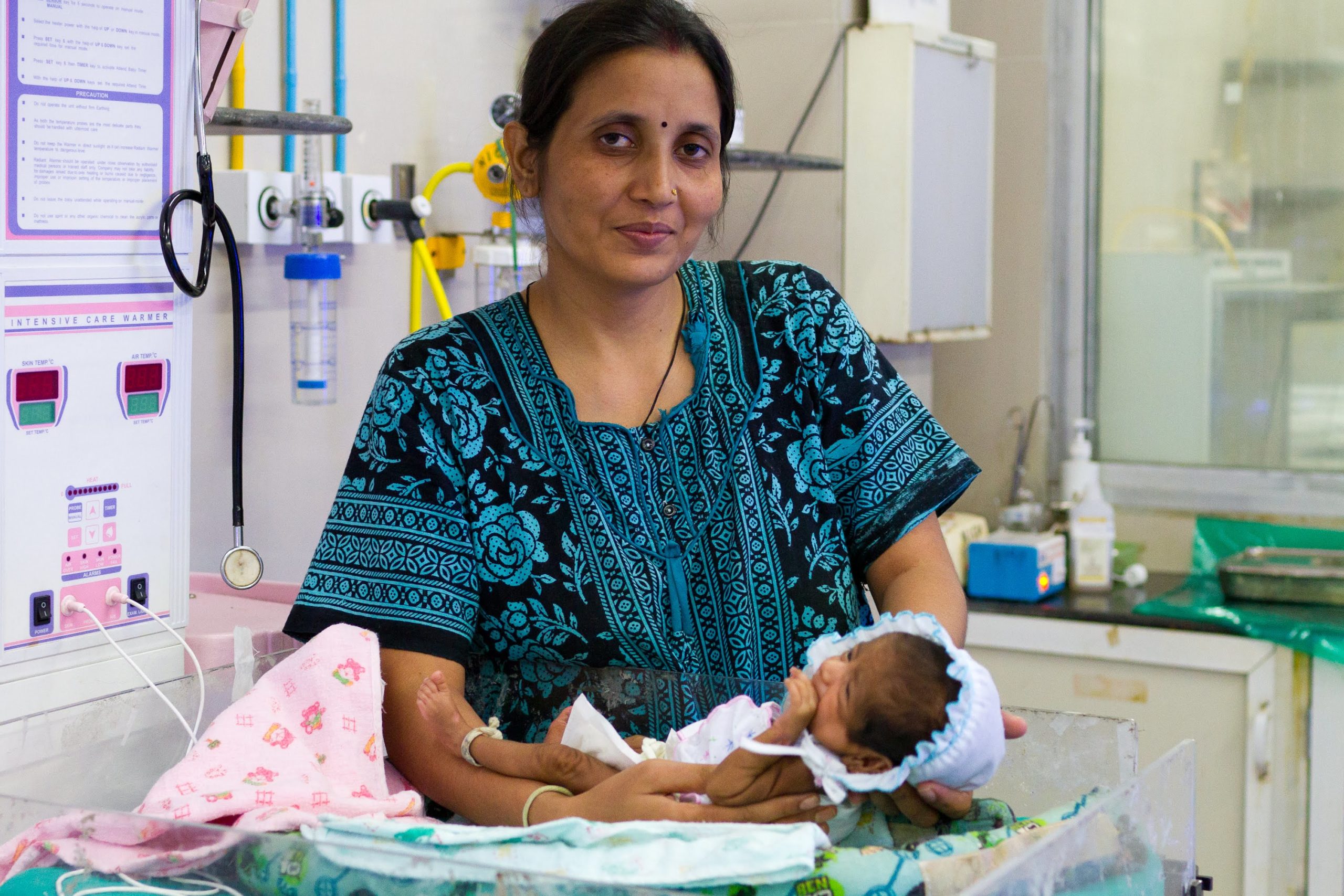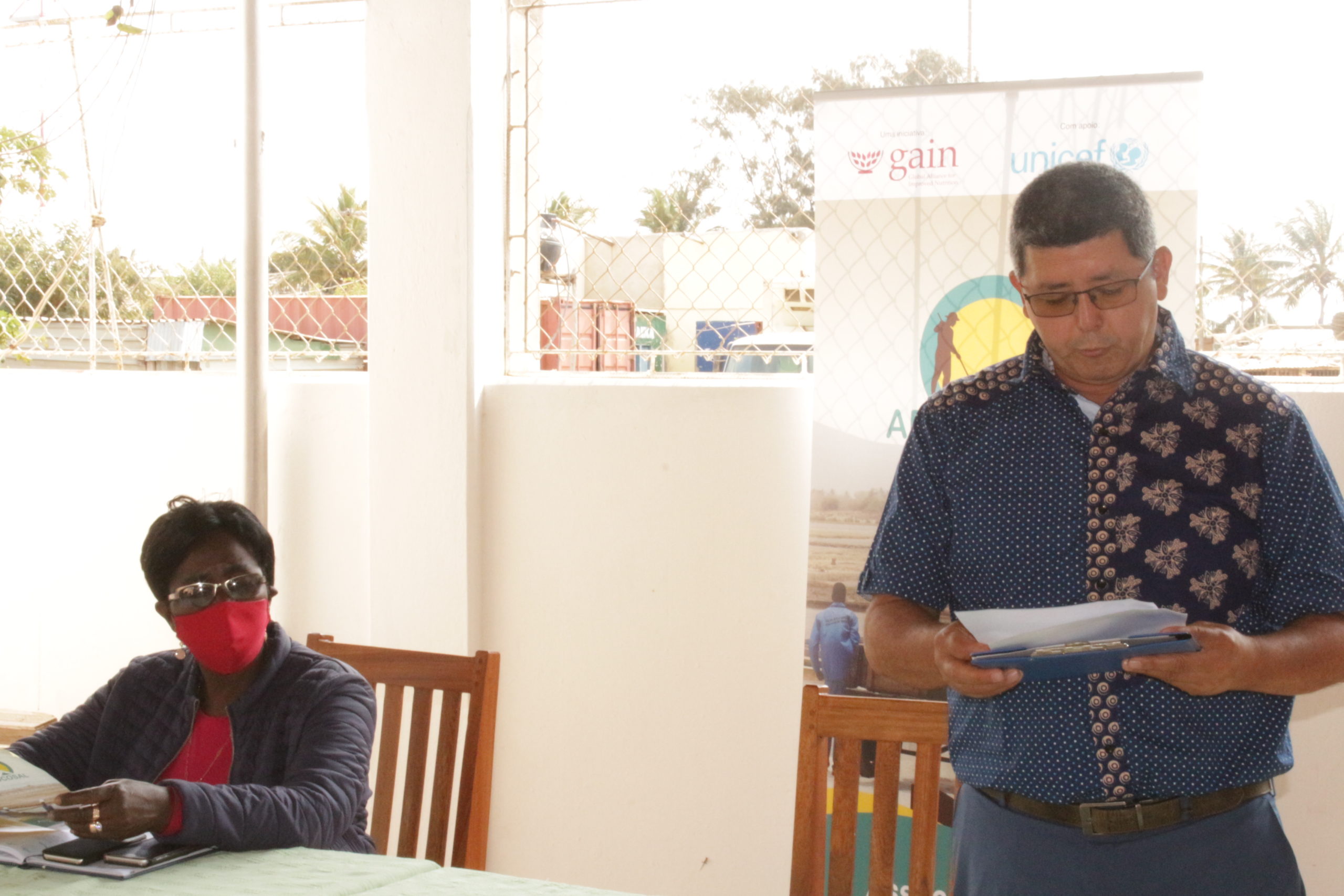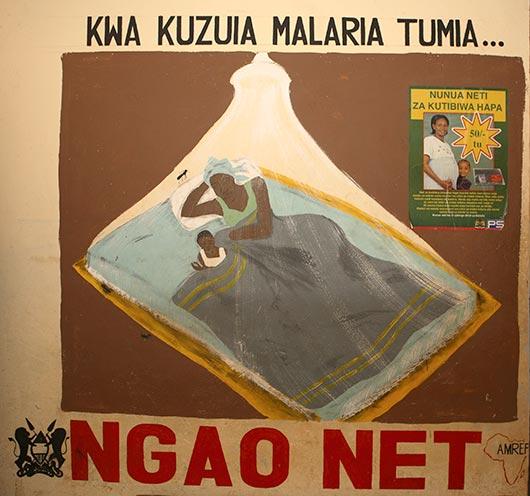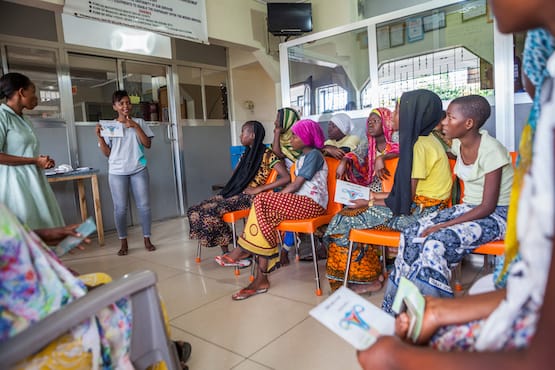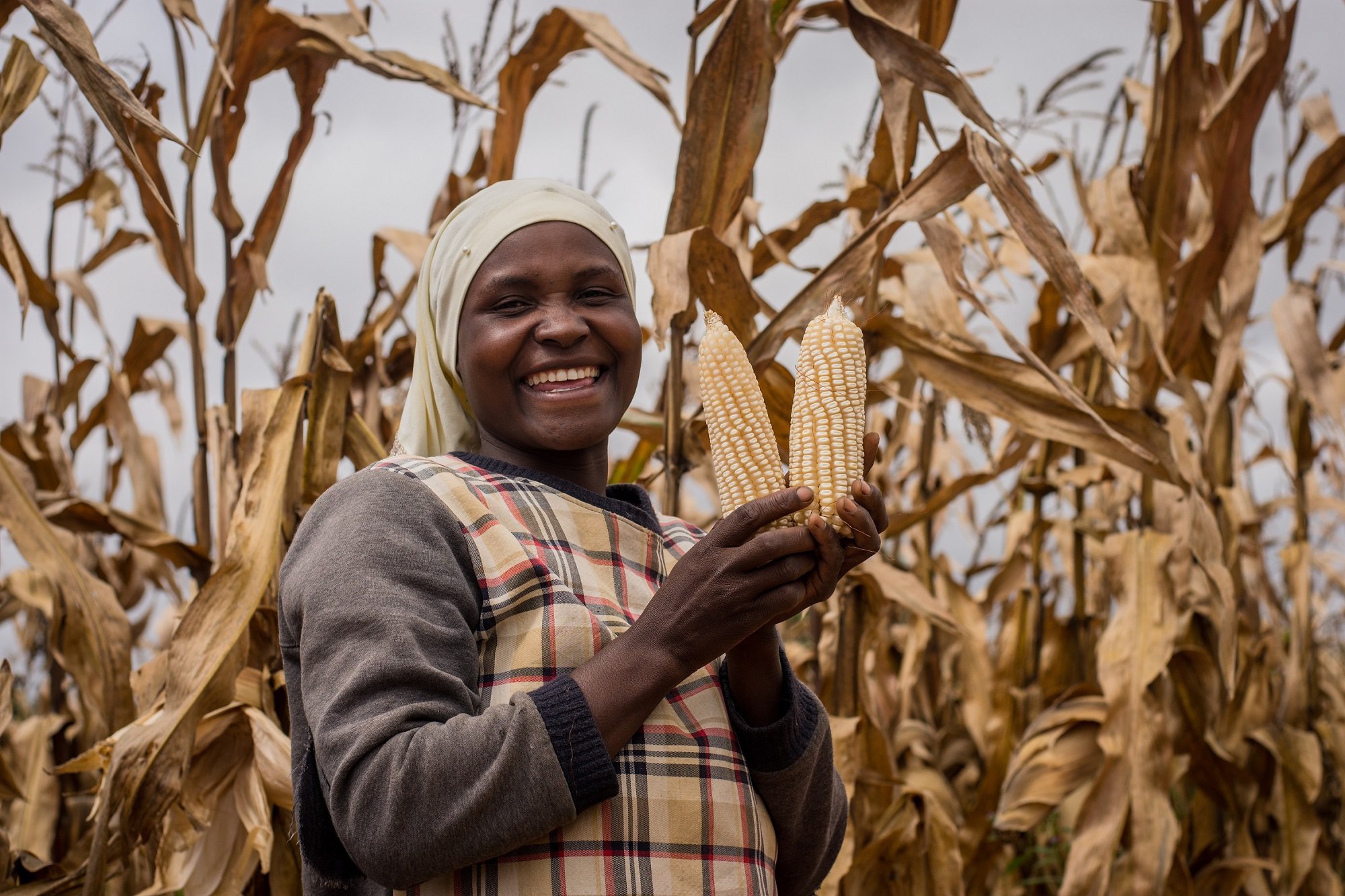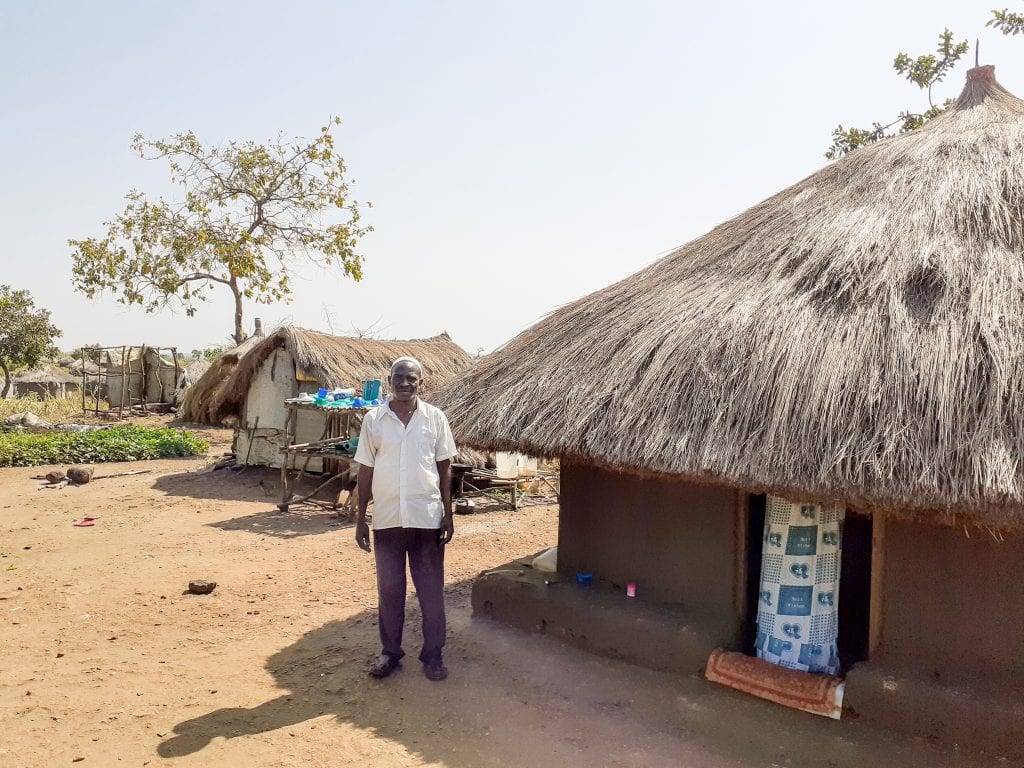Last year at Equalize Health, we started the transition to a new strategic model to bring global health innovations to market. We (particularly me!) had been frustrated by the slow pace of solution development and everything that goes along with it. If anything, with so many more new innovators in global health bringing exciting perspectives and ideas, we should be getting better and faster. But it hasn’t seemed that way. We started to ask questions about where global health funding has gone to support maternal and newborn health innovations. What stage of scale have the innovations achieved? By understanding the past, we hoped it could offer some insights into building a new model for the future.
After completing months of research, led by Allison Ettenger and through a partnership with the Global Innovation Exchange, we are delighted to share the full research paper with you: Trends and Gaps in Funding and Scaling Maternal and Newborn Health Innovations.
If you prefer a summary, see my blog post on it.
In presenting these learnings, we aim to communicate what the data told us. No surprise (!) – we ended up with more questions than we had answers. Our sector – as we know – has more work to do to create greater equity in healthcare. We hope our analysis is a step toward greater transparency and discussion about how to best support scalable global health innovation. The interest is there. Alliance Magazine recently invited us to summarize our recommendations based on this research, and is now featured in their global health issue this month. Read more here.
We look forward to learning and growing with you. The maternal and newborn health problems that we are all addressing are urgent. Lives literally depend on it.
In health,
![]()
Krista Donaldson, CEO of Equalize Health
